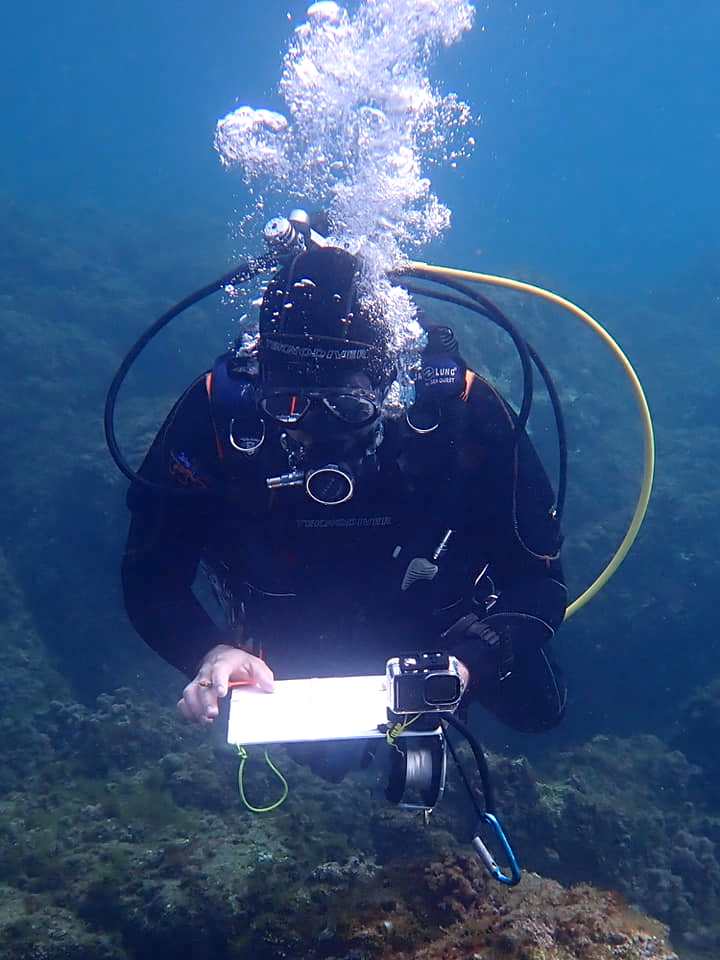The RECIF project aims to evaluate the effectiveness of 8 Special Conservation Zones (SCZ) located in Alpes-Maritimes (06) and Var (83), France.
Studies evaluating the diversity of ichthyological fauna, fish density and biomass distribution, and small-scale fishing catches will be conducted using two methodological approaches and internationally standardized protocols:
- Underwater Visual Census (UVC) counts during scuba diving
- Evaluations through experimental fishing

hese evaluations, carried out within, on the periphery, and at a distance from the boundaries of the 8 SCZs, will define a “time zero” for some areas, representing the starting point of a historical series of data on the effect of protecting coastal habitats on the diversity of communities and fish stocks. For other areas that have already been established for many years, standardized monitoring will be initiated.
THALASSA Marine Research, a scientific partner in this project, is responsible for conducting a biodiversity inventory plan using scuba diving in the 8 SCZs during two campaigns in spring and fall 2022, with the assistance of ECOSEAS laboratory divers. THALASSA Marine Research will also analyze data collected from artisanal fishers during experimental fishing to define environmental indicators such as “catch per unit effort (CPUE)” indicators, demographic structure, richness, abundance, or biomass.
The RECIF project is led and coordinated by ECOSEAS laboratory (UMR7035-CNRS). Partners include THALASSA Marine Research, CDPMEM des Alpes-Maritimes, Mairie d’Antibes Juan les Pins, Département des Alpes-Maritimes, and Association for Fishing and Maritime Activities.






